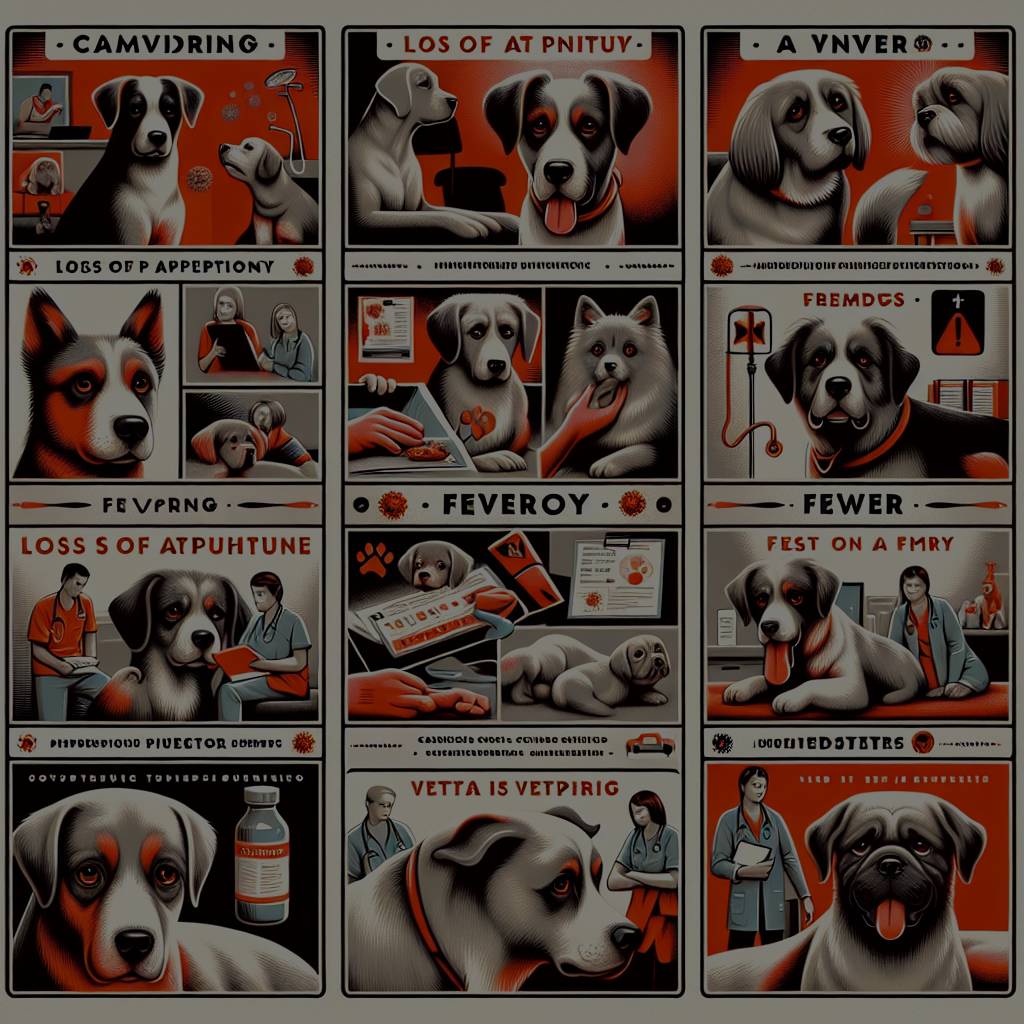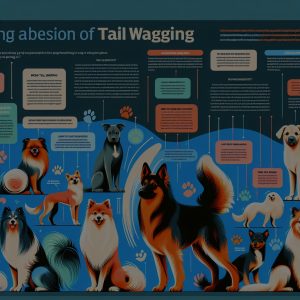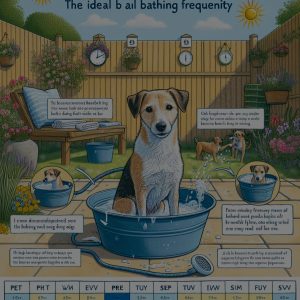
Parvovirus in dogs is a highly contagious and potentially deadly virus that primarily affects puppies, but can also affect unvaccinated adult dogs. Understanding the signs and symptoms of this virus is crucial for early detection and treatment. In this comprehensive guide, we will discuss the common symptoms of parvovirus in canines and how to recognize them in your furry companion.
Understanding Parvovirus in Dogs: A Comprehensive Guide
Parvovirus, also known as canine parvovirus or CPV, is a highly contagious virus that attacks the gastrointestinal tract of dogs. The virus is spread through direct contact with infected feces or contaminated environments. Puppies between the ages of six weeks and six months are most at risk, as their immune systems are not fully developed. However, unvaccinated adult dogs can also be susceptible to the virus. In severe cases, parvovirus can lead to dehydration, septic shock, and even death if left untreated.
Common Symptoms of Parvovirus in Canines
One of the most common symptoms of parvovirus in dogs is severe and often bloody diarrhea. This is often accompanied by vomiting, lethargy, loss of appetite, and fever. Dogs infected with parvovirus may also show signs of abdominal pain, dehydration, and weakness. As the virus progresses, dogs may become more listless and exhibit symptoms of shock, such as pale gums and rapid heartbeat. If you notice any of these symptoms in your dog, it is important to seek veterinary care immediately.
Early Detection of Parvovirus: What to Look For
Early detection of parvovirus is key to successful treatment and recovery. Keep an eye out for any changes in your dog’s behavior or appetite, as well as any signs of gastrointestinal distress such as diarrhea or vomiting. If your dog exhibits any of the common symptoms of parvovirus, it is important to seek veterinary care right away. Your vet can perform tests to confirm the presence of the virus and provide supportive care to help your dog recover. Remember, prompt treatment is essential in improving the prognosis for dogs infected with parvovirus.
By being aware of the common symptoms of parvovirus in dogs and knowing what to look for, you can help protect your furry friend from this potentially deadly virus. If you suspect that your dog may be infected with parvovirus, don’t hesitate to contact your veterinarian for proper diagnosis and treatment. With early detection and intervention, many dogs can make a full recovery from parvovirus. Stay vigilant and prioritize your dog’s health and well-being.










